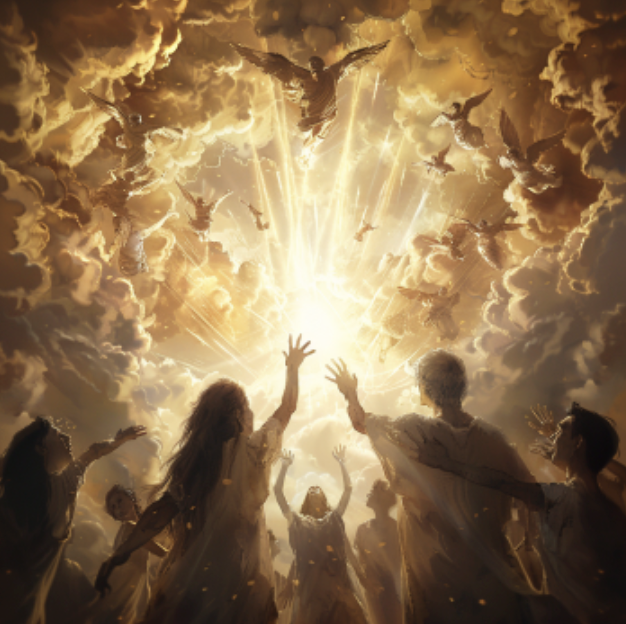
Sell your house, quit your job, and don’t look down, for the Rapture is coming on September 23, 2025. Joshua Mhlakela, a South African pastor, says Jesus personally revealed the upcoming rapture to him. Yet, as thousands awaited to ascend upon the heavens, the hands on the clock would only creep ever on to a new morning, leaving the individuals drowning in despair, regret, and shame. At what point does ultimate devotion to a religion constitute deadly obsession?
The Rapture is a part of eschatology, a branch of Christian theology about the end of times; it discusses an end-time event where Christians resurrect and rise to heaven. Although it’s not an idea practiced by most denominations of Christianity, over 200 failed rapture predictions have occurred since its conception in the 1830s, plaguing the hearts of Christians and those who have not repented. Is no one worthy of Heaven, or has the Rapture simply not arrived? And why, after so many showcases of folly, do people continuously pine after the hope of ascent?
Thousands of videos popped up on TikTok over the few days after the announcement of the Rapture, where Jesus Christ will take the true, holy believers. Religious individuals began giving advice, selling their worldly possessions, and repenting all in preparation for the big day. Husbands left instructions for their leftover wives, parents said their final goodbyes, and groups of individuals went outside. However, when the day finally rolled around, the Rapture did not happen. Although an accidental and non-malicious case of the blind leading the blind, families were left broken and devoid of property, jobs, and means for survival. Furthermore, following the failure of doomsday predictions, suicide, attempted suicide, and murder counts experienced an uptick due to the failure of coping with the stress, along with a permanently altered reality, examples being Heaven’s Gate, People’s Temple, and Harold Camping’s 2011 prediction.
Due to the extreme actions for a seemingly common prediction, the Rapture can be classified under hyperreligiosity. Hyperreligiosity is a psychiatric disturbance in which a person experiences intense religious beliefs or episodes that interfere with normal functioning, often focusing on religious content and a relation with psychosis. Especially in spiritual psychosis, one receives auditory or visual delusions of the divine. Most Rapture predictions begin with an individual claiming to have heard the revelation from the divine, ultimately causing chaos over the need to repent and rid oneself of the sins of the world, like earthly possessions. Normal functioning ceases to exist as minds are clouded with the upcoming event, unable to process current surroundings and the existing reality.
However, even with all the praying, the Rapture, a mystical event, has still not come to fruition. So, as apologies are made and regrets are expressed, it seems as if time only repeats itself as hysteria emerges and nothing comes of it. Ignorance is bliss, and the cycle continues.